Israel attacked Iran’s capital early Friday in strikes targeting the country’s nuclear program, raising the potential for all-out war between the two bitter adversaries.
It appeared to be the most significant attack Iran has faced since its 1980s war with Iraq, with multiple sites around the country hit.
The leader of Iran’s paramilitary Revolutionary Guard was feared dead, Iranian state television reported, a development that would be a major blow to Tehran’s governing theocracy and an immediate escalation of the nations’ long-simmering conflict. The report offered few details about what happened to Gen. Hossein Salami but said that another top Guard official, as well as two nuclear scientists, were also feared dead.
Israeli leaders said the attack was necessary to head off what they described as an imminent threat that Iran would build nuclear bombs, and they warned of a reprisal that could target civilians in Israel. It remains unclear how close Iran actually is to building a nuclear weapon.

In Washington, the Trump administration, which earlier cautioned Israel against an attack amid continuing negotiations, said that it had not been involved in the strikes and warned Iran not to retaliate against U.S. interests or personnel.
Multiple sites in the capital were hit in the attack, which Israeli Prime Minister Benjamin Netanyahu said targeted both nuclear and military sites.
Also targeted were officials leading Iran’s nuclear program and its ballistic missile arsenal.
Netanyahu said in an address on YouTube that the attacks will continue “for as many days at it takes to remove this threat.”
The strikes followed increasing tensions that led the U.S. to pull some diplomats from Iraq’s capital and to offer voluntary evacuations for the families of U.S. troops in the wider Middle East.
U.S. Secretary of State Marco Rubio said Israel took “unilateral action against Iran” and that Israel advised the U.S. that it believed the strikes were necessary for its self-defence.
“We are not involved in strikes against Iran and our top priority is protecting American forces in the region,” Rubio said in a statement released by the White House.
The attack comes as tensions have reached new heights over Tehran’s rapidly advancing nuclear program.
The Board of Governors at the International Atomic Energy Agency for the first time in 20 years on Thursday censured Iran over the country’s refusal to work with its inspectors. Iran immediately announced it would establish a third enrichment site in the country and swap out some centrifuges for more-advanced ones.
There are multiple assessments on how many nuclear weapons Iran could potentially build, should it choose to do so. Iran would need months to assemble, test and field any weapon, which it so far has said it has no desire to do. U.S. intelligence agencies also assess Iran does not have a weapons program at this time.
Iran missile, drone attacks expected: minister
Defence Minister Israel Katz said Israel had carried out the attack, without saying what it targeted.
“In the wake of the state of Israel’s preventive attack against Iran, missile and drone attacks against Israel and its civilian population are expected immediately,” he said in a statement.
The statement added that Katz “signed a special order declaring an emergency situation in the home front.”
“It is essential to listen to instructions from the home front command and authorities to stay in protected areas,” it said.
Both Iran and Israel closed their respective airspace.
As the explosions in Tehran started, U.S. President Donald Trump was on the lawn of the White House mingling with members of the U.S. Congress. It was unclear if he had been informed, but the president continued shaking hands and posing for pictures for several minutes.
Trump earlier said he was urging Netanyahu to hold off from taking action for the time being while the administration negotiated with Iran.
He told reporters that as long as he thought there was a chance for an agreement, “I don’t want them going in, because I think it would blow it.”
explosions-heard-in-tehran-as-israel-says-its-targeted-iran-nuclear-sites-and-military

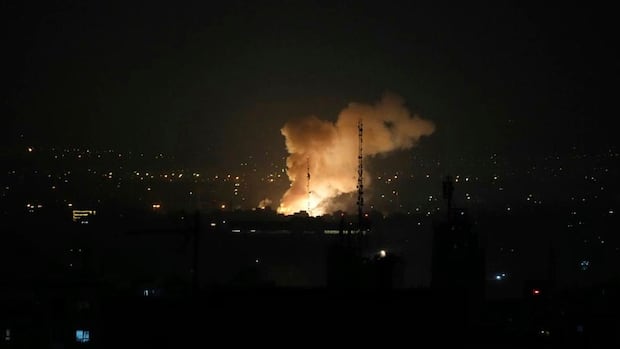
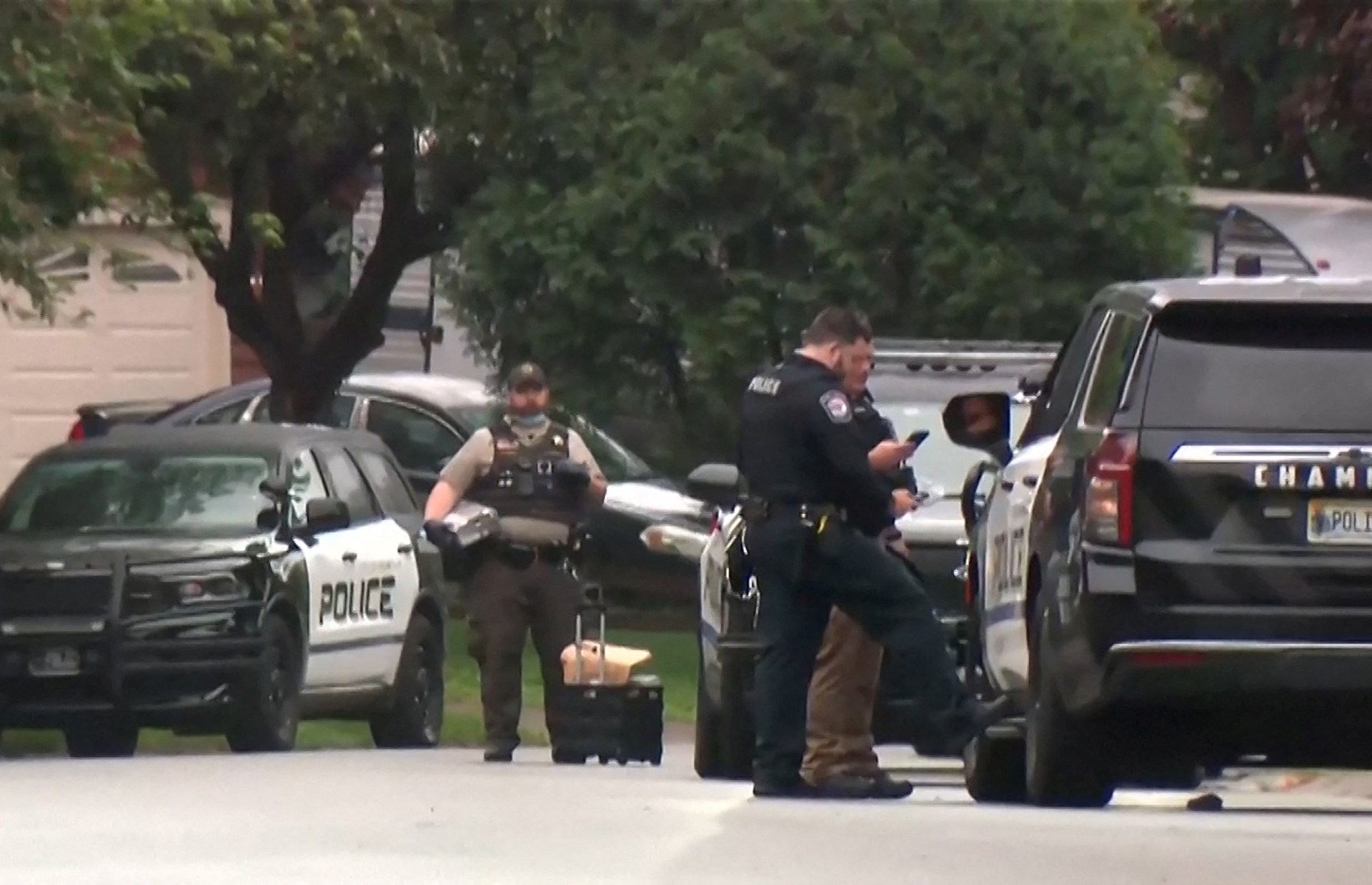



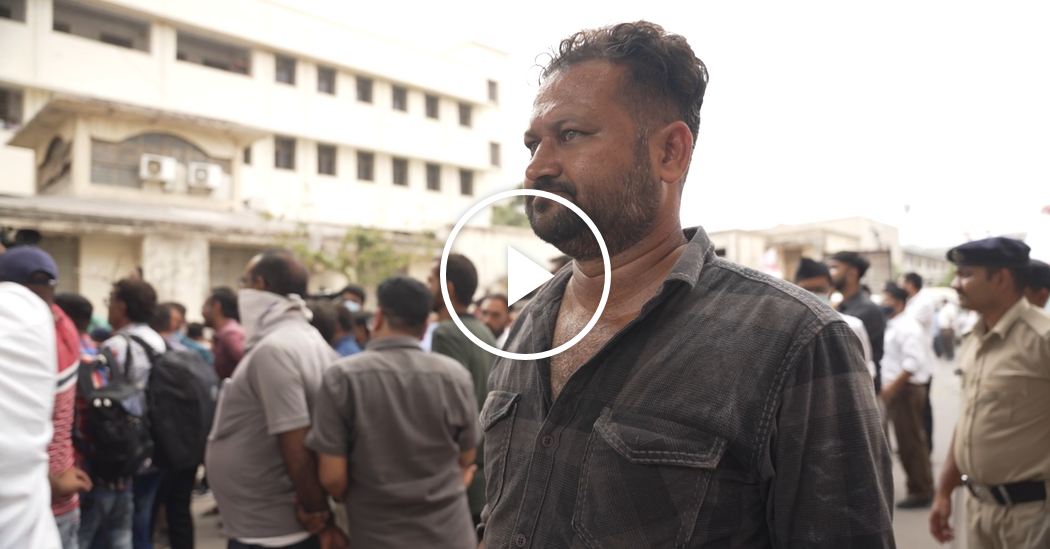
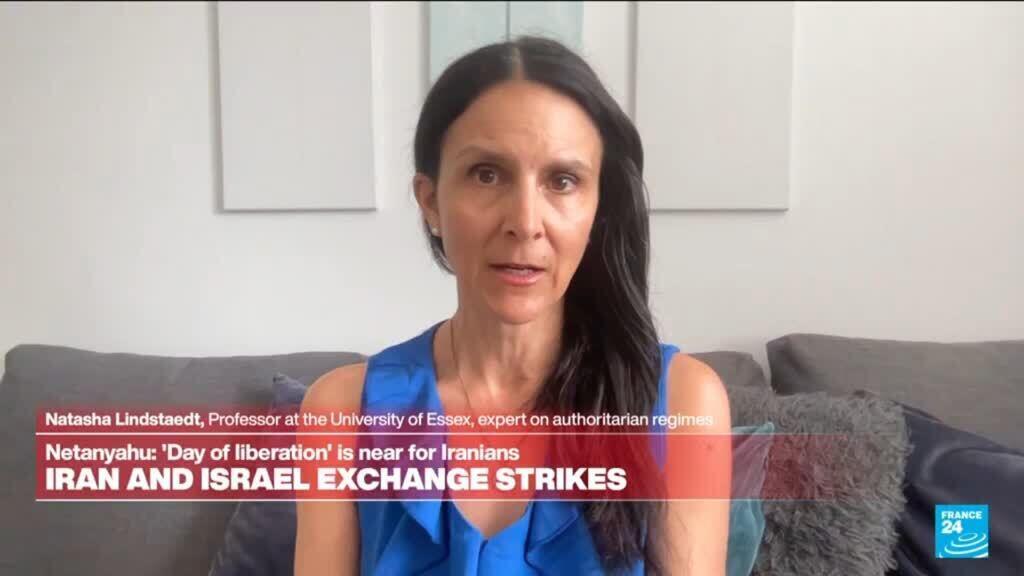
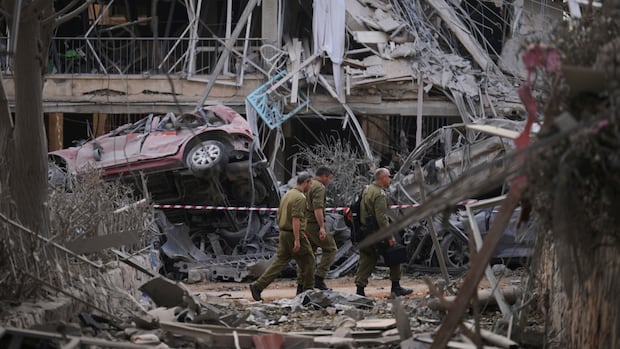
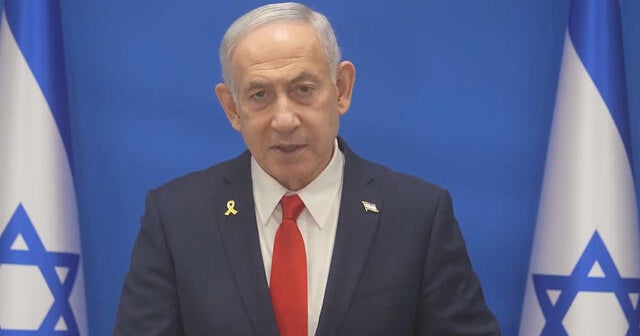
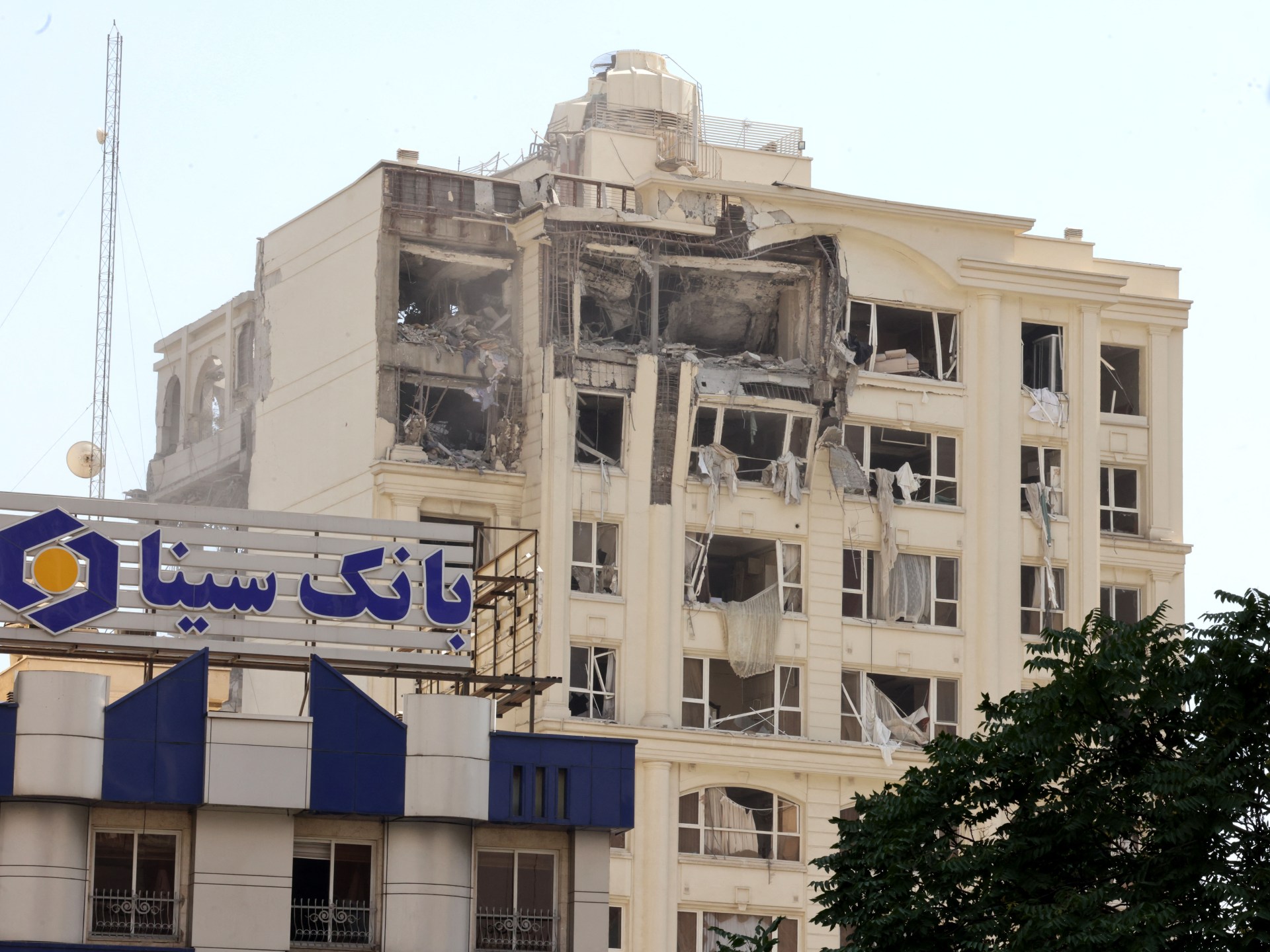
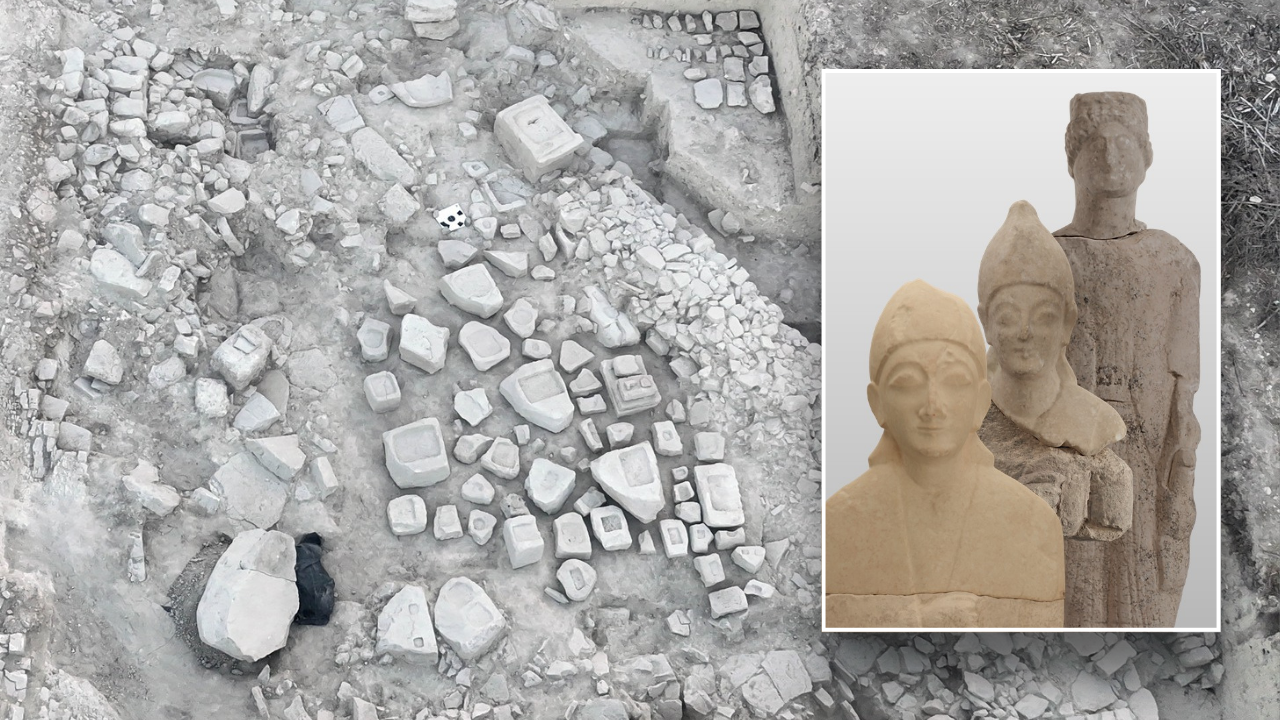

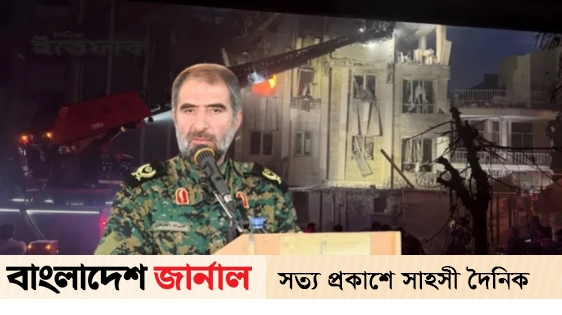

Leave a Reply